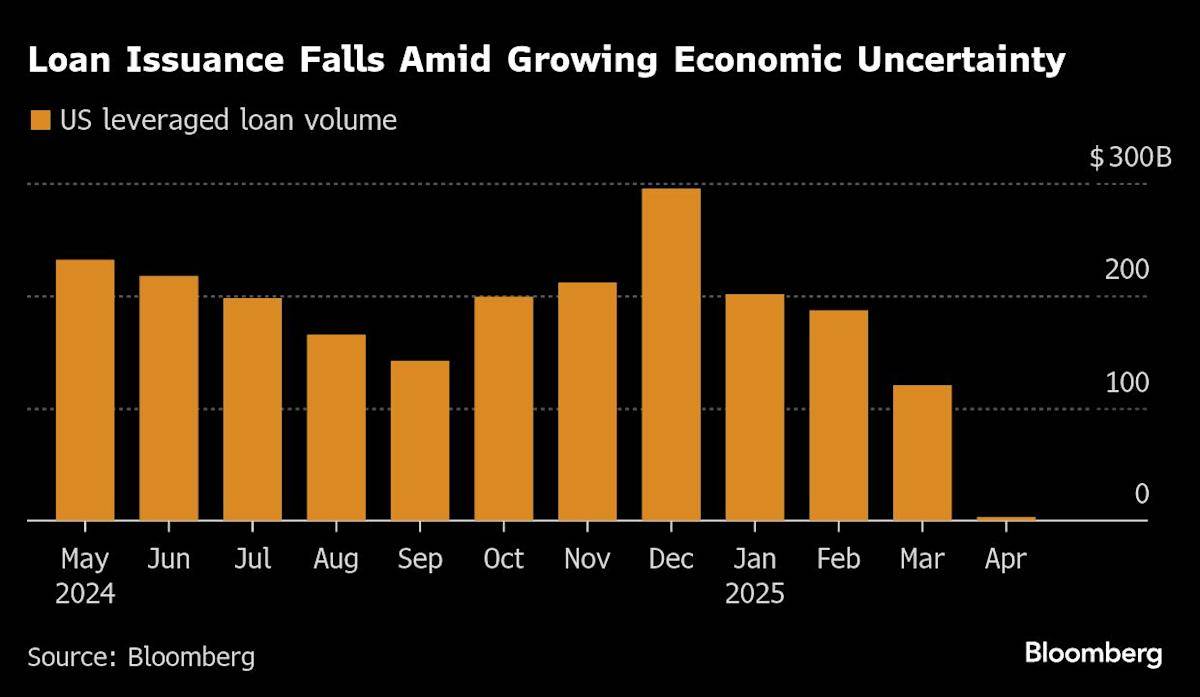Overview of the Financial Fraud Case
A recent high-profile financial fraud case in Los Angeles has underscored the ongoing issue of investment scams targeting celebrity investors and others with promises of lucrative returns. Bernhard Eugen Fritsch, a 63-year-old Malibu resident, was convicted of wire fraud for orchestrating a scheme that bilked investors out of more than $20 million. Fritsch, the founder of Santa Monica-based StarClub Inc., claimed his company’s app, StarSite, would help celebrities and influencers monetize their social media presence by delivering sponsored content and sharing ad revenue. However, he misappropriated the funds to finance a lavish lifestyle, purchasing luxury cars, renovating his mansion, and owning a yacht.
Deceptive Tactics and False Claims
Fritsch’s tactics involved deceiving potential investors by falsely asserting that major media companies like Disney were interested in his company. He also claimed that his company had earned substantial revenue and was poised to secure significant investments. However, the reality was far from these claims, as prosecutors revealed that Fritsch used the money to support his own extravagant lifestyle instead of building the technology as promised.
Risks of Investment Fraud
This case highlights the vulnerability of even high-profile investors to sophisticated scams. Investment fraud is a growing concern, as numerous schemes exploit the trust and influence of social media platforms. According to the Department of the Treasury’s 2024 National Money Laundering Risk Assessment, investment schemes have become a leading source of financial losses for victims, with about 10% of investors likely to fall prey to such frauds at some point. The incident also points to the importance of financial due diligence and verification before investing in projects with promising but unsubstantiated claims.
Government Warnings and Resources
The U.S. Department of Justice has emphasized the need for vigilance against such scams, urging investors to be cautious of opportunities that seem too good to be true. The FBI also provides resources for reporting suspected fraud and offers advice on protecting oneself from scams, including those involving influencers and social media.
Legal Consequences and Lessons Learned
Fritsch’s conviction and potential 20-year prison sentence serve as a warning to those who engage in similar fraudulent activities. The case underscores the efforts of law enforcement agencies in combating financial crimes and protecting the integrity of the financial system. As the financial landscape continues to evolve, understanding the dynamics of investment fraud and maintaining a critical approach to investment opportunities will be crucial for mitigating such risks.










